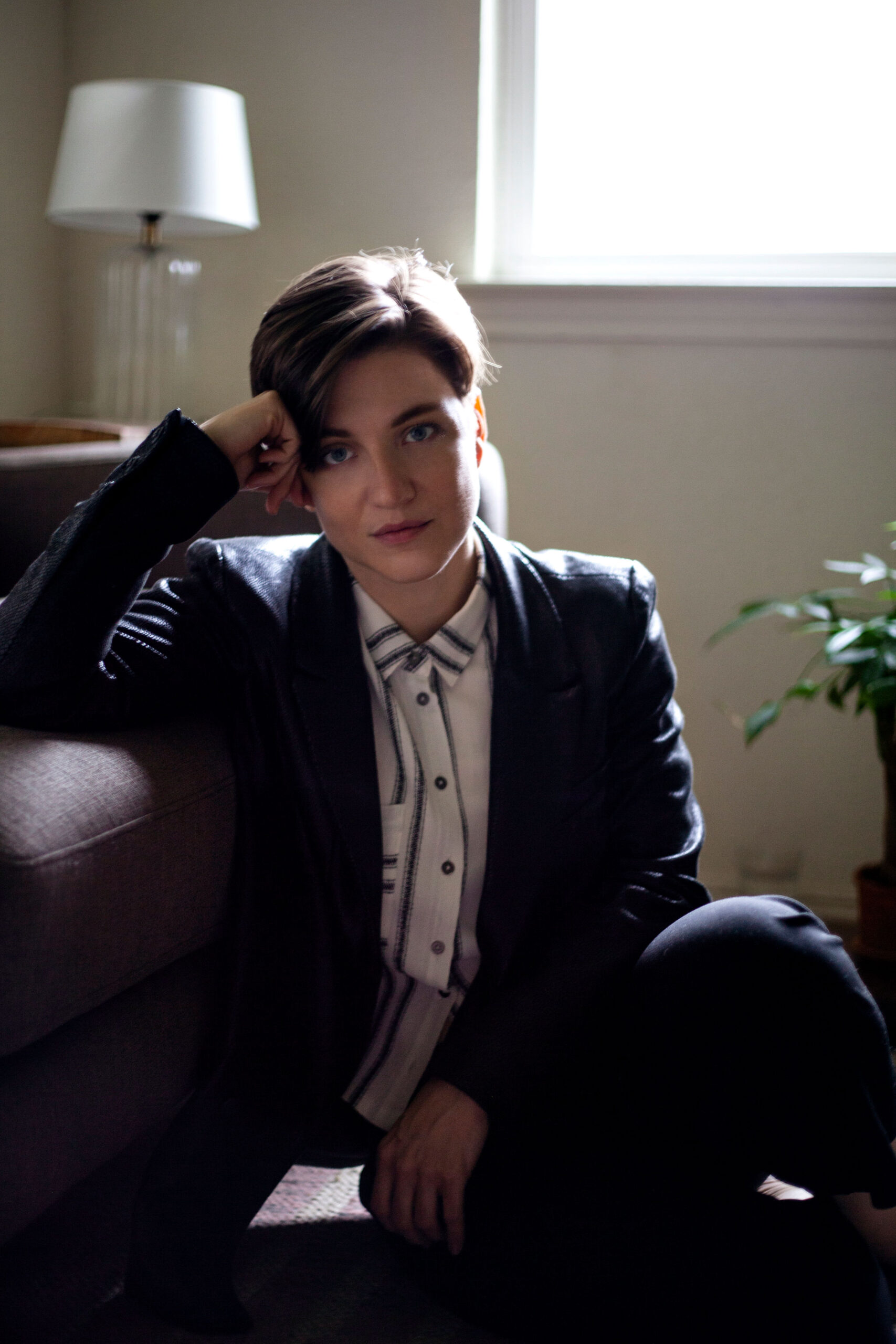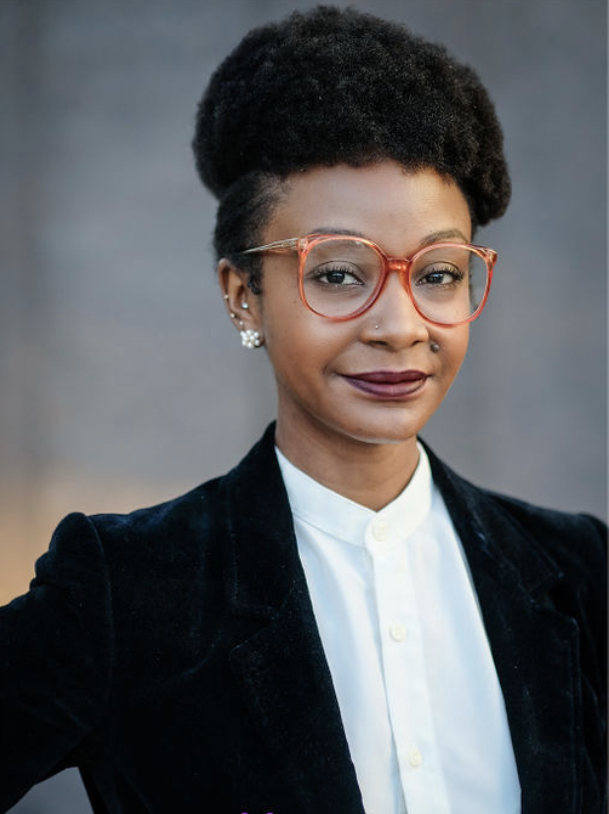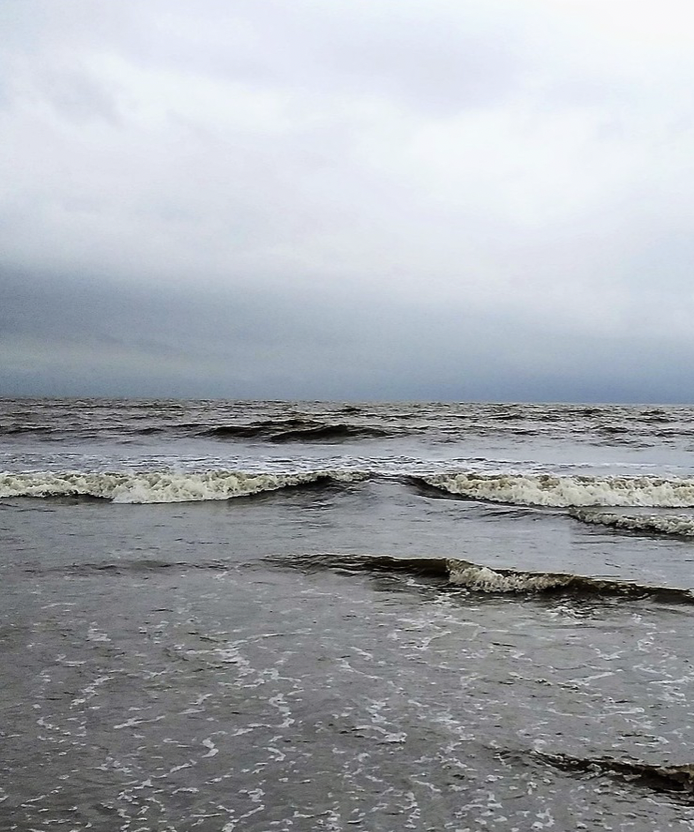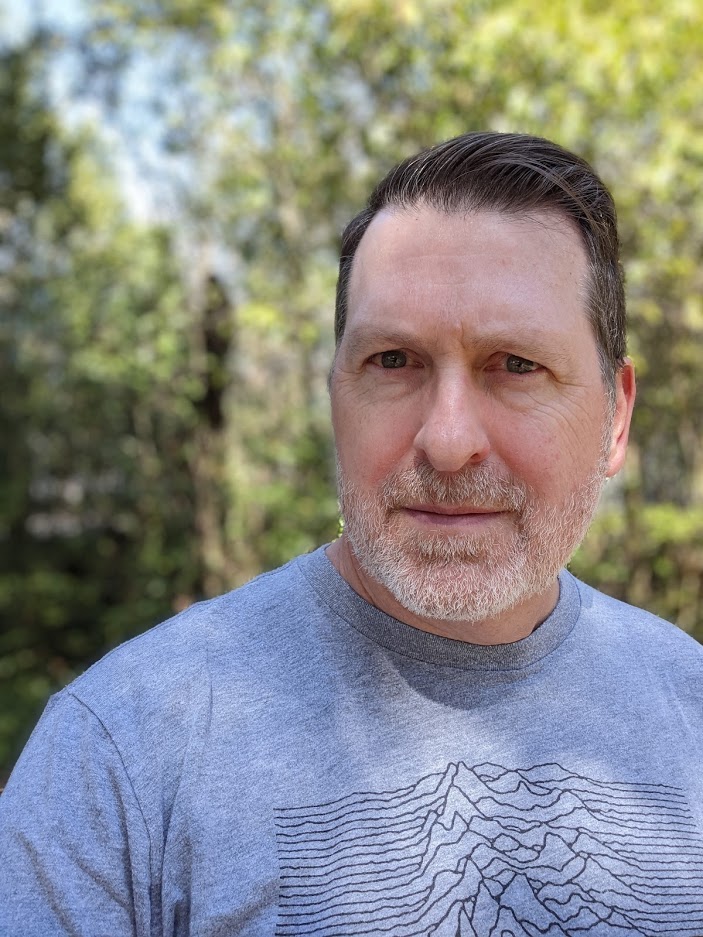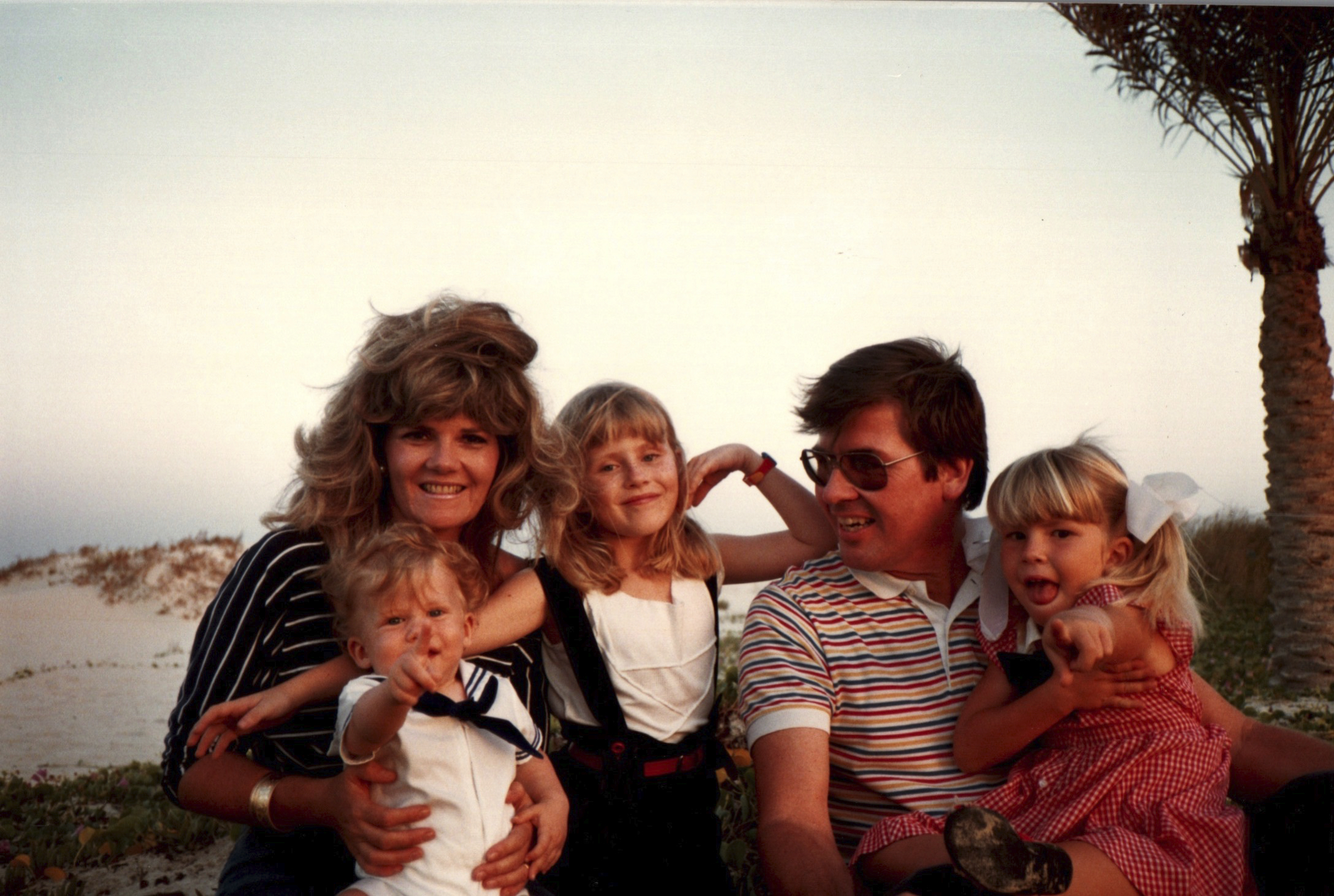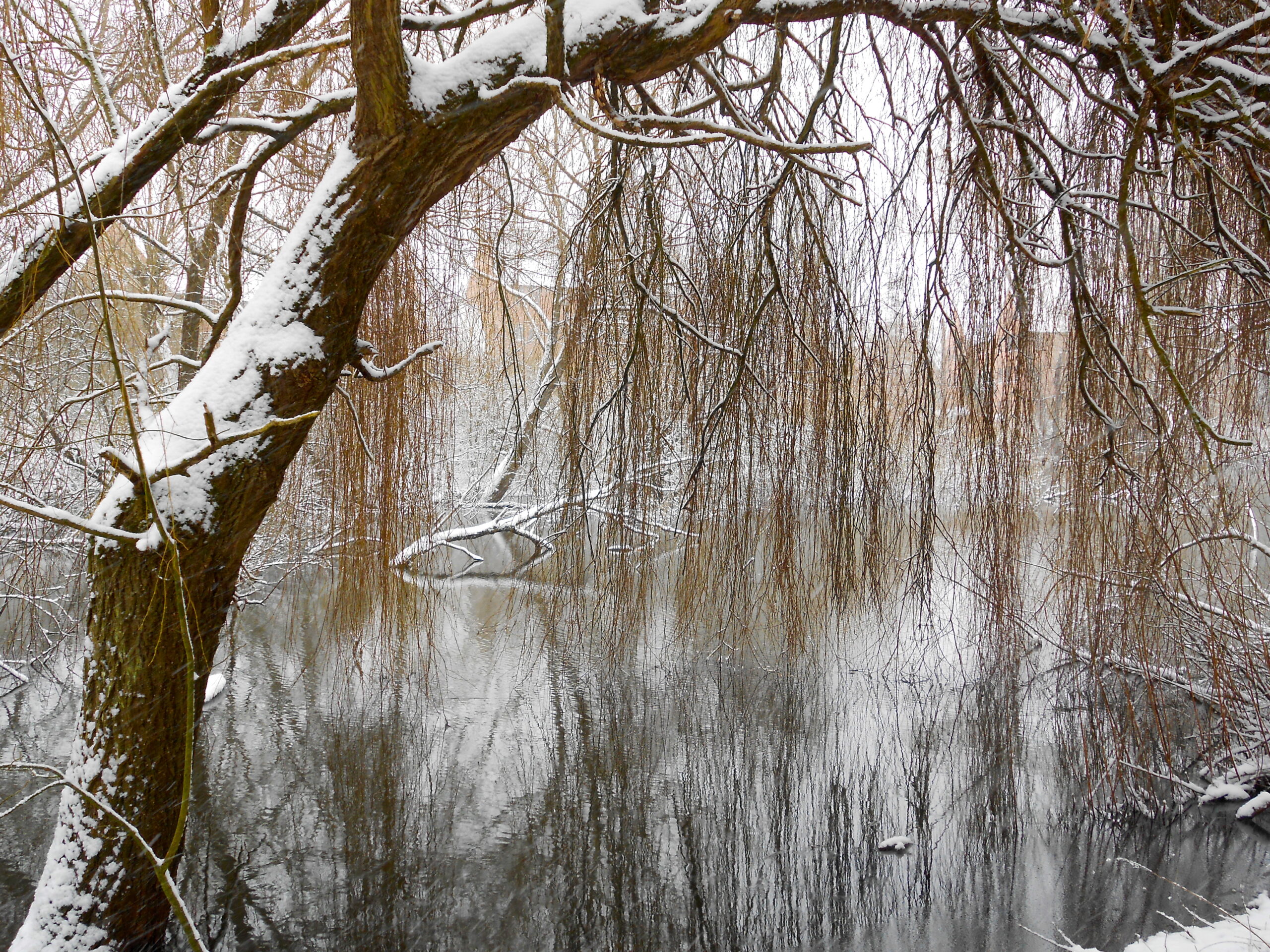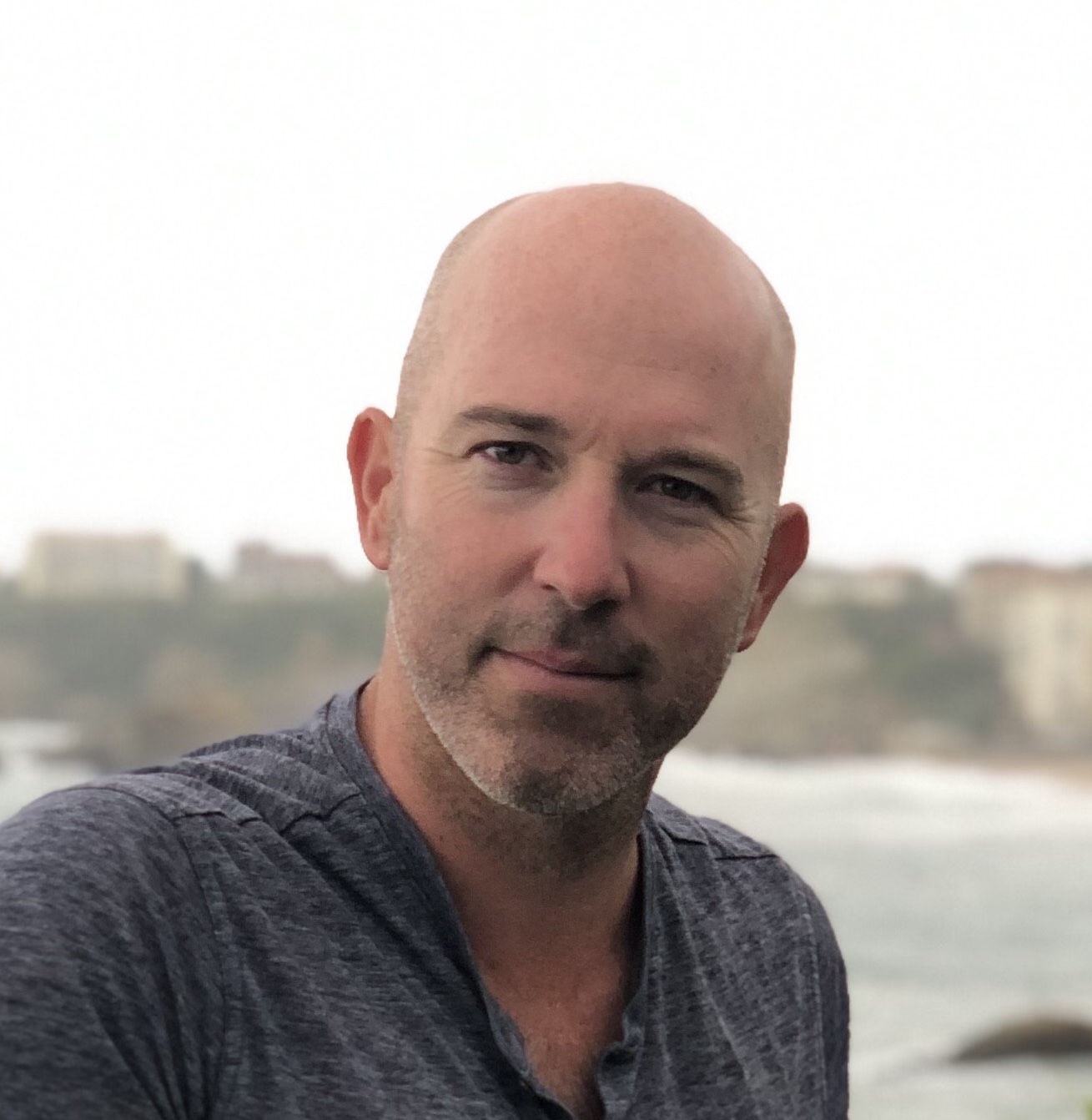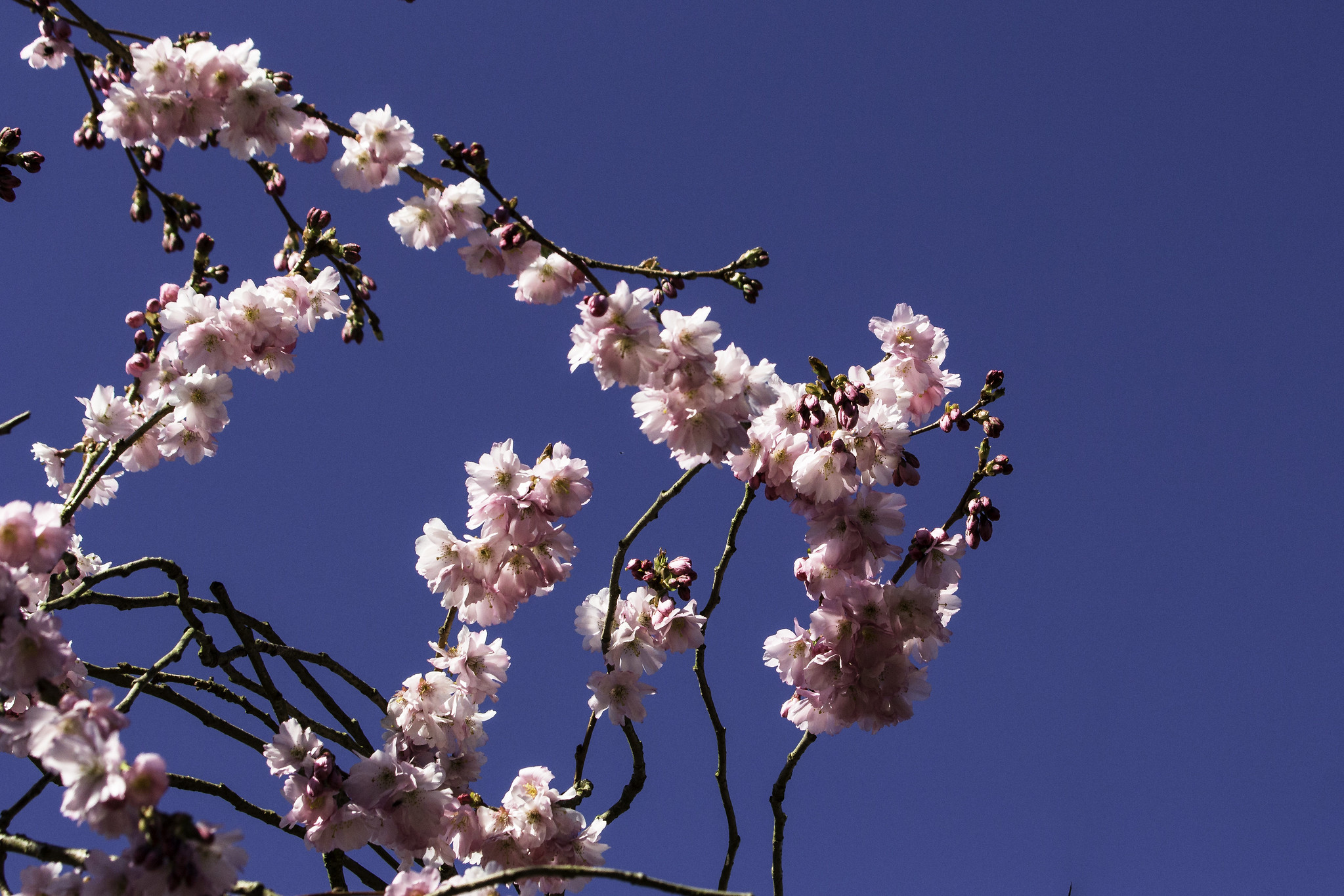By K. IVER
My father teaches ethics at a university.
My mother teaches ethics at a university.
They save. Their money. Buy
a large bungalow in Connecticut.
They continue. Saving. Enough
to support the San Francisco AIDS
Foundation and their baby.
They read the news and wish kindness
into our laws. One of them will say
Sweden hasn’t been to war since 1812.
The other says you can start a business
in Sweden and get free healthcare.
They’re excited. About my arrival.
They remain. Calm. When
midnight cries wake them.
My father waits. For my mother to heal.
Before asking for sex. She’s good.
At saying no. She throws meditation
and exercise and intense therapy
at her trauma. Still goes to AA.
When wrong. She promptly admits it.
Every night she arrives home from
the university. Her soft. Low voice.
Builds a replica in my throat. She wears
minimal. Makeup. Cuts her nails down
because who needs the fuss. When I walk.
Into a room. And see my father.
I continue walking in. When my father
and I leave. The house. Lots of women
introduce themselves. When we get back
he tears. Their numbers over the trash.
On weekends my father and I dig
in the dirt. I watch him plant
lilac bulbs around the spruce. He lets
my small hand pack the ground.
Affirms it as help. When my father puts.
me to bed with true stories of him
sewing clothes for new mothers
in Ukraine. I fall asleep fast.
